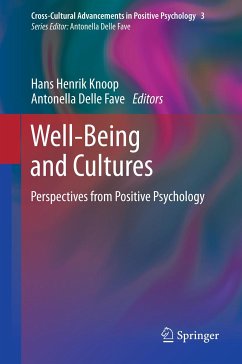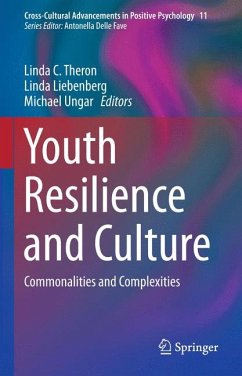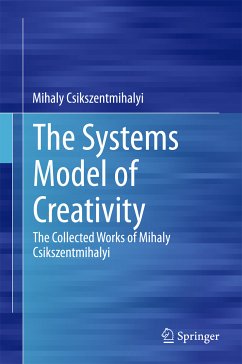
Positive Nations and Communities (eBook, PDF)
Collective, Qualitative and Cultural-Sensitive Processes in Positive Psychology
Redaktion: Águeda Marujo, Helena; Neto, Luis Miguel
Versandkostenfrei!
Sofort per Download lieferbar
72,95 €
inkl. MwSt.
Weitere Ausgaben:

PAYBACK Punkte
36 °P sammeln!
This book approaches the field of positive psychology from a post-modern perspective. It explores the consequences of combining current trends and models with supplementary participatory and transformative methods. The book brings a more collective, qualitative, culturally sensitive and transformative approach to the processes of making sense and implementing the science of positive psychology. It moves beyond the individual level towards a "knowledge community" and "knowledge of the communities". The book is an invitation to more participatory and polyphonic dialogues in the field of positive...
This book approaches the field of positive psychology from a post-modern perspective. It explores the consequences of combining current trends and models with supplementary participatory and transformative methods. The book brings a more collective, qualitative, culturally sensitive and transformative approach to the processes of making sense and implementing the science of positive psychology. It moves beyond the individual level towards a "knowledge community" and "knowledge of the communities". The book is an invitation to more participatory and polyphonic dialogues in the field of positive psychology.
Dieser Download kann aus rechtlichen Gründen nur mit Rechnungsadresse in A, B, BG, CY, CZ, D, DK, EW, E, FIN, F, GR, HR, H, IRL, I, LT, L, LR, M, NL, PL, P, R, S, SLO, SK ausgeliefert werden.













